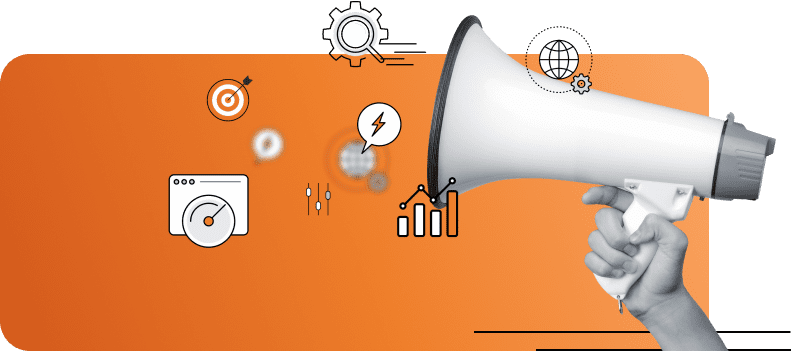The legal profession, renowned for its rich history and tradition, is standing at a crossroads. With the rapid advancement of technology, particularly artificial intelligence (AI), ai and lawyers are being thrust into a new era of legal artificial intelligence. Gone are the days when legal proceedings were buried in piles of paper and weighed down by the glacial pace of the judicial system. AI is transforming the landscape, offering unprecedented efficiency and insights that were once the realm of science fiction.
Understanding AI in a Legal Context
As technology continues to advance, the legal field has begun to explore the use of artificial intelligence (AI) for attorneys and lawyers. AI and lawyers have the potential to revolutionize the way lawyers practice law, from improving document review and analysis to enhancing accuracy in legal artificial intelligence research. However, there are concerns about how AI for attorneys will impact the workforce, particularly in terms of job displacement. In understanding AI in a legal context, lawyers need to explore the various ways that AI can be utilized in their practice, while also considering the potential ethical and legal implications of its implementation. Ultimately, AI has the potential to make the legal profession more efficient and effective, but lawyers need to approach its use with care and consideration.
Enhancing Legal Decision-Making
As technology advances, so do the capabilities of artificial intelligence (AI). This is particularly true for the field of law, where AI tools can help attorneys make more informed decisions. From sorting through large amounts of data to predicting case outcomes, AI and lawyers have the potential to revolutionize legal artificial intelligence. But how exactly can lawyers use AI to enhance their decision-making? By utilizing machine learning algorithms and natural language processing, AI-powered tools can analyze legal documents, identify patterns, and provide insights that a human lawyer might miss. In short, AI for attorneys has become an indispensable resource for legal professionals looking to stay at the forefront of their field.
Legal Tech Startups and the Future of Legal Practice
The future of legal practice is set to be revolutionized by the rise of legal tech startups. With the introduction of artificial intelligence (AI) technology into the industry, attorneys and lawyers now have access to innovative tools that can drastically improve their work efficiency, accuracy, and client satisfaction. From automating repetitive tasks to predictive analytics and document review, AI and lawyers are rapidly transforming the legal landscape. The potential applications are vast, and the benefits are significant. By harnessing the power of AI for attorneys, the legal industry can tap into new areas of growth, streamline processes, cut costs, and ultimately provide more value to clients. The question is not whether lawyers can use AI, but rather, how they can best adapt to these technological advancements to enhance their practice and stay ahead of the curve.
Ethical and Regulatory Considerations
The field of artificial intelligence (AI) has made significant advancements in recent years and has quickly infiltrated various industries, including the legal profession. The use of ai and lawyers and lawyers has become increasingly popular and has raised important ethical and regulatory considerations. How can lawyers use AI to improve legal services for clients while ensuring ethical and regulatory compliance? This is a question that legal professionals are grappling with. While AI can efficiently handle repetitive tasks and analyze large amounts of data, it is crucial to ensure that the use of AI remains within the bounds of ethical and legal standards. As AI technology continues to evolve, it is essential to stay up to date on the latest legal and ethical guidelines to effectively integrate AI into legal practices.
The Road Ahead for AI and the Legal Sector
As technology continues to advance at an unprecedented pace, the role of artificial intelligence in the legal sector is becoming increasingly prominent. AI and lawyers have the potential to revolutionize the way lawyers work, saving them time and increasing efficiency. By utilizing AI for legal research and analysis, attorneys can stay up to date with the latest legal developments and case law, enabling them to better serve their clients. ai for attorneys can also assist with contract review, document analysis, and automating routine tasks. While there are concerns about the impact of AI on the legal profession, it is clear that those who embrace this technology stand to gain a significant advantage in the years ahead. As AI becomes increasingly sophisticated, it will be fascinating to watch how it shapes the future of the legal sector.
In recent years, the legal industry has been buzzing about the potential of AI and lawyers. As technology improves and data becomes more accessible, lawyers are finding new ways to use artificial intelligence to streamline their work and provide better outcomes for their clients. From predictive analytics to document analysis, legal AI has the potential to transform the legal industry as we know it. But what exactly is AI for legal, and how can lawyers make the most of this emerging technology? Understanding the ins and outs of AI for attorneys in a ai for legal context is crucial for any attorney looking to stay ahead of the curve and deliver better results for their clients.









